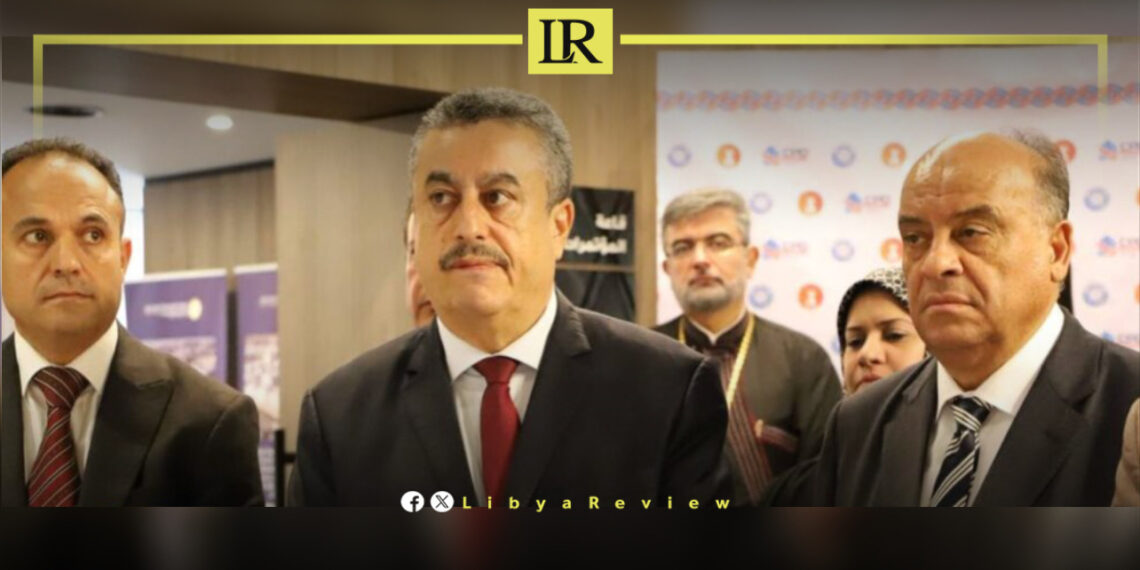Libya’s Minister of Justice, Counselor Khaled Masoud Al-Madheer, held a key meeting at the Ministry’s headquarters in Benghazi with two Members of Parliament representing southern Libya — Fatima Abdel-Salam Al-Sweihi (Ubari District 7) and Khadija Ahmed Al-Zarrouq (Wadi Al-Shati District).
The talks focused on the current state of prisons and judicial institutions across the southern regions, with an emphasis on challenges affecting courts and correctional facilities. The meeting underscored urgent issues such as lack of resources, infrastructural deterioration, and the pressing need for administrative and logistical support.
Minister Masoud reiterated the ministry’s full commitment to monitoring these challenges and working towards substantial improvements in the justice system. He stressed the importance of upgrading prison conditions and reinforcing the functionality of courts in a way that upholds human dignity and strengthens the rule of law in southern Libya.
The discussions reflect broader concerns over justice sector performance in Libya’s underserved regions, where local communities have long called for equitable legal services and institutional reform.
Libya has been in chaos since a NATO-backed uprising toppled longtime leader Muammar Gaddafi in 2011. The county has for years been split between rival administrations.
Libya’s economy, heavily reliant on oil, has suffered due to the ongoing conflict. The instability has led to fluctuations in oil production and prices, impacting the global oil market and Libya’s economy.
The conflict has led to a significant humanitarian crisis in Libya, with thousands of people killed, and many more displaced. Migrants and refugees using Libya as a transit point to Europe have also faced dire conditions.
The planned elections for December 2021 were delayed due to disagreements over election laws and the eligibility of certain candidates. This delay has raised concerns about the feasibility of a peaceful political transition.
Despite the ceasefire, security remains a significant concern with sporadic fighting and the presence of mercenaries and foreign fighters. The unification of the military and the removal of foreign forces are crucial challenges.


